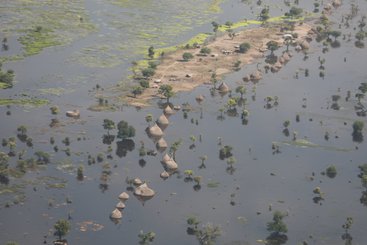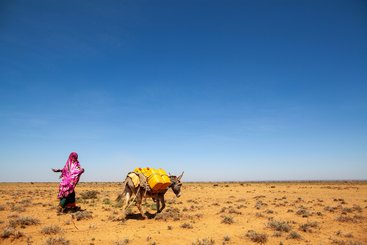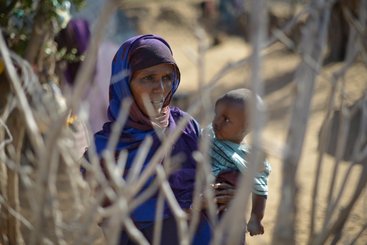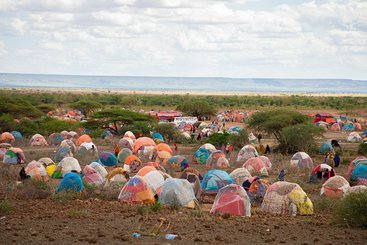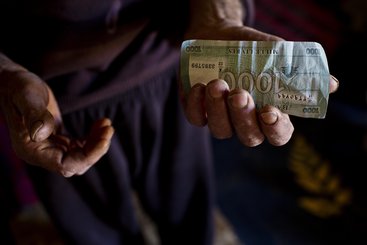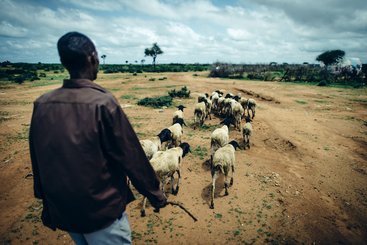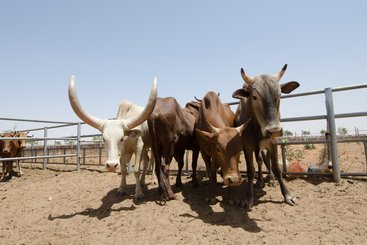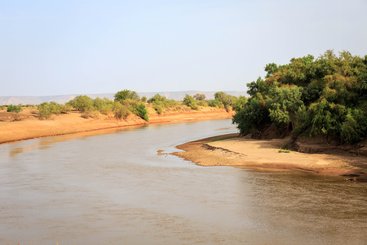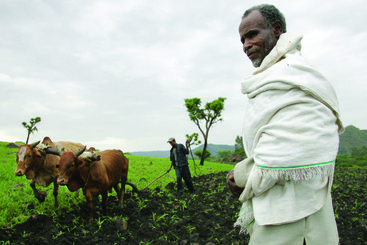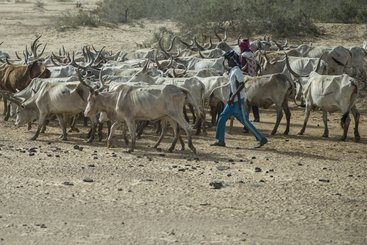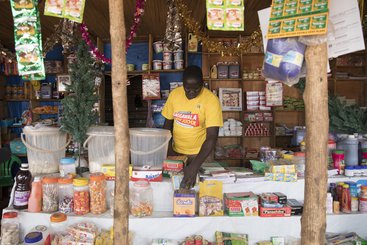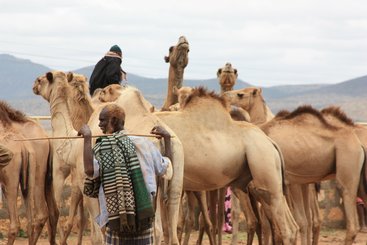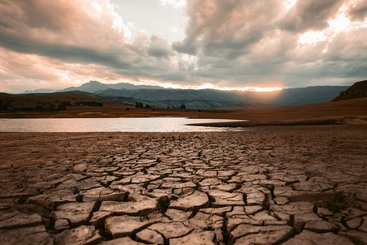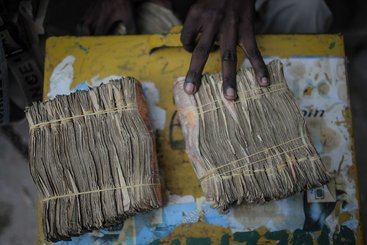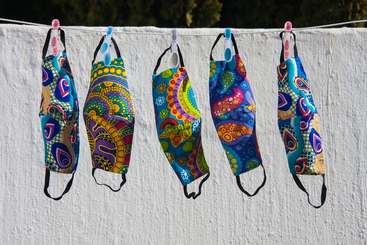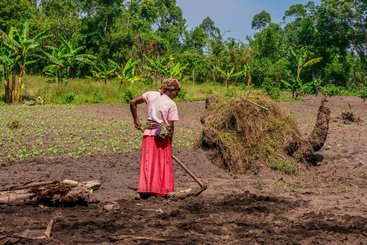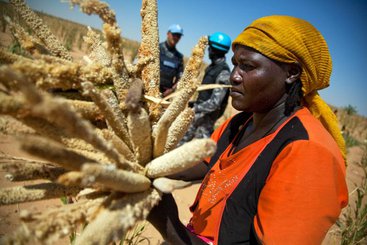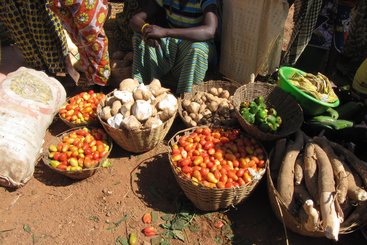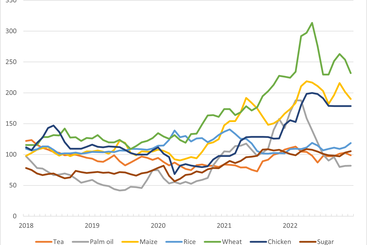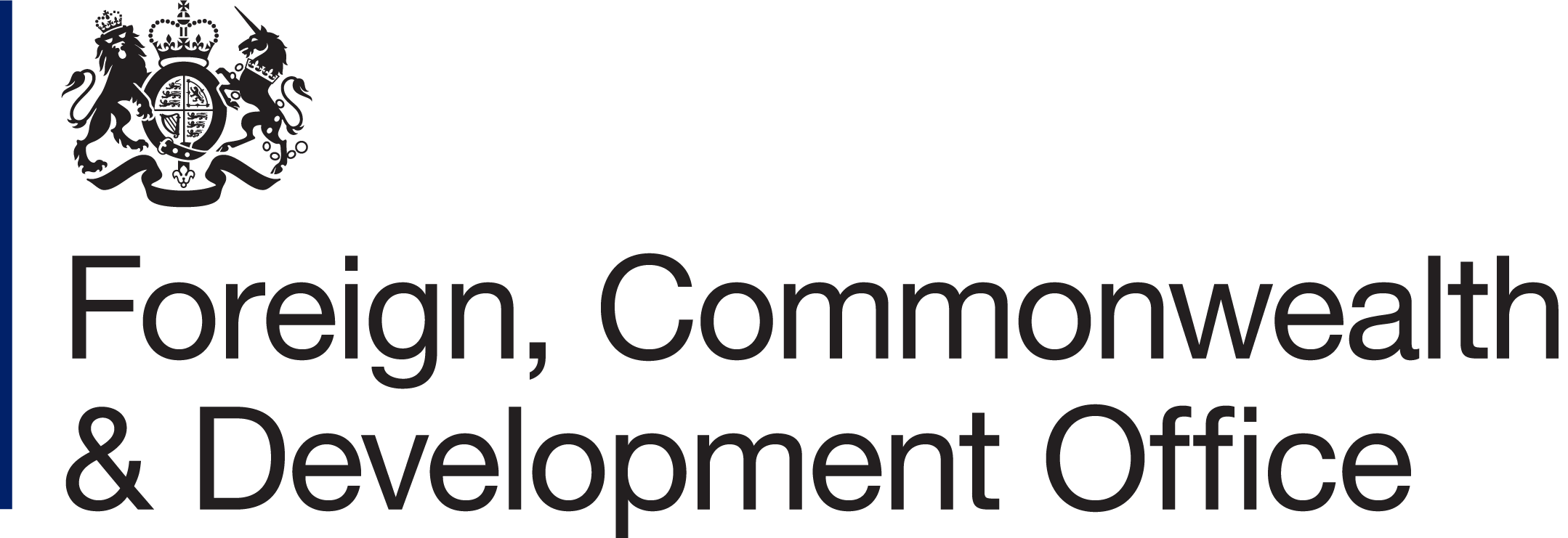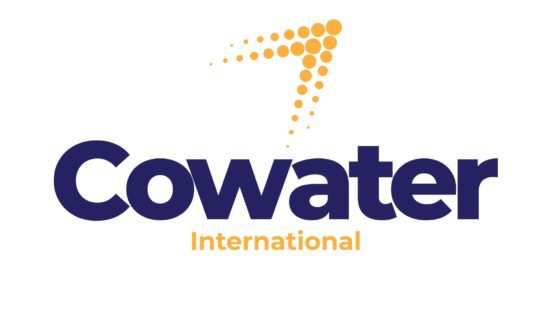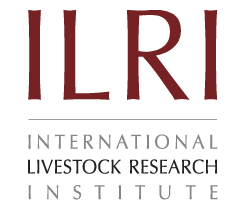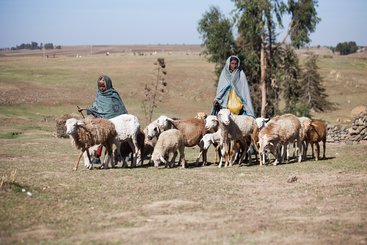
SPARC: Supporting Pastoralism and Agriculture in Recurrent and Protracted Crises
Featured work
How can development partners support food security in protracted crises?
Between 2001 and 2021, international donors invested billions of dollars in an almost unparalleled effort to transform Afghanistan - yet studies have broadly concluded that the results were very disappointing. Using examples from Afghanistan, this SPARC report and accompanying policy briefs outline 10 traps that practitioners and donors working in fragile and conflict-affected regions must avoid if aid is to engage effectively with context. It is accompanied by five briefing notes, which cover village-level governance structures, informal credit, rural differentiation, engaging in markets and post-harvest storage and processing in Afghanistan.
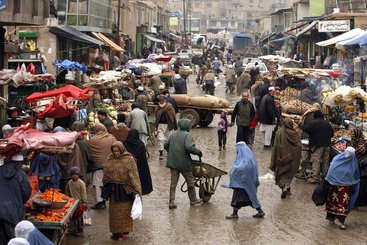
Scaling up climate action in fragile and conflict-affected situations
Climate change is already posing increasingly intense disruptions to lives and livelihoods in the drylands of Africa and the Middle East - yet these areas often receive the least finance, investment and climate action, despite having some of the world’s most climate-vulnerable people. SPARC research analyses the barriers to accessing finance and advancing the climate agenda in conflict-affected countries.
Transboundary climate risks and regional adaptation planning in the drylands
SPARC research has also looked at regional climate risks and adaptation priorities, namely, supporting enhanced understanding of transboundary climate risks in Africa and how to manage them, including a focus on the climate risks facing pastoralists. This work, which has already fed into discussions at the 2023 African Ministerial Conference on the Environment (AMCEN) and the Africa Climate Summit, will also be important to discussions within the UNFCCC, particularly its work agreeing on a framework for the Global Goal on Adaptation.
What does resilience look like for pastoralists, agropastoralists and farmers?
How can aid best support and improve pastoralists’, agro-pastoralists’ and farmers’ resilience in a sustainable way? Although ‘building resilience’ now attracts huge investment, little is known about the impacts of most externally funded resilience-building efforts on food security and poverty.
SPARC research has shed some light on the barriers to anticipatory action and resilience-building efforts in regions like the Horn of Africa, where crises are complex, protracted and set across wide geographies.
Understanding markets in the drylands
Livestock marketing and trade are critical elements of pastoral livelihood systems and are becoming an increasing focus of investment and aid interventions. But while selling livestock from the drylands can be lucrative, marketing can also be hit by shocks, such as livestock disease, drought and Covid-19-related restrictions. SPARC researches the structure, functioning and performance of livestock supply chains to understand: how can we better understand pastoral markets and support them to become more effective, economical, equitable and resilient?
-
In the news:
'What can we learn from prior food price shocks?', Reuters (2022)
-
'Building climate resilience in conflict zones requires less emergency aid, not more', New Humanitarian (2022)
-
'What's #trending in pastoralist Kenya?', The Elephant (2023)
-
'Pastoralism under threat', Geographical (2023)
-
'Innovation, pastoralism and climate change in Africa’s drylands', Climate Home News (2022)
-
'What does pastoralism have to do with climate change?', Climate Home News (2021)
-
'Climate adaptation finance has a blind spot on conflict and fragility', Climate Home News (2021).
-
'What we can learn from Somalia about anticipating climate disaster', Climate Home News (2021)
-
'Young people are creating a new climate narrative for African drylands', Climate Home News (2021).
-
'Addressing transboundary climate and adaptation risks in Sudan and the Sahel', Climate Home News (2021)
Staff
-

Rebecca Nadin
Director, Global Risks and Resilience programme
-

Mauricio Vazquez
Head of Policy and Strategic Partnerships
-

Steve Wiggins
Principal Research Fellow
-

Simon Levine
Senior Research Fellow
